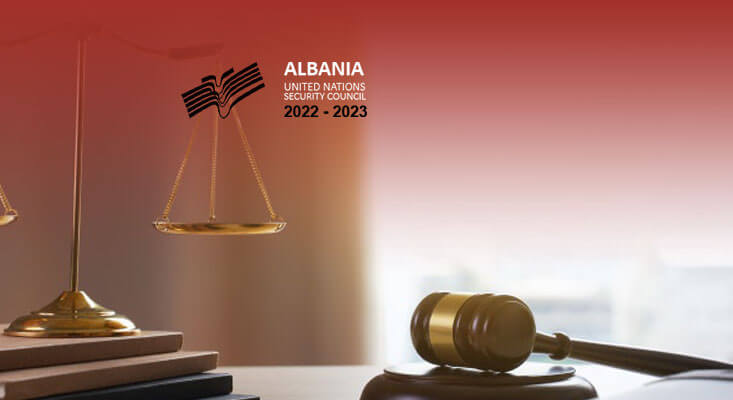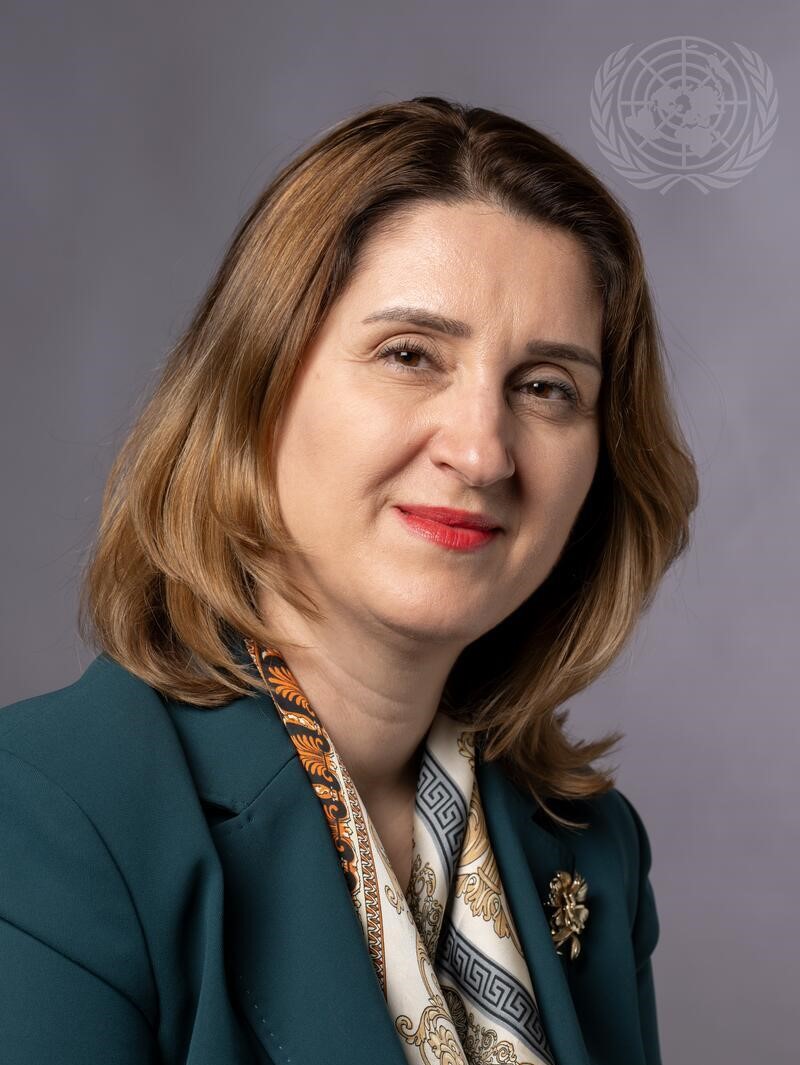Font Resize
Contrast

Albania strongly believes that regional and local actors play a major role in finding sustainable solutions to issues. The involvement...
Read More

Albania is deeply committed to the protection and promotion of human rights, including through our foreign policy. Convinced that respect...
Read More

